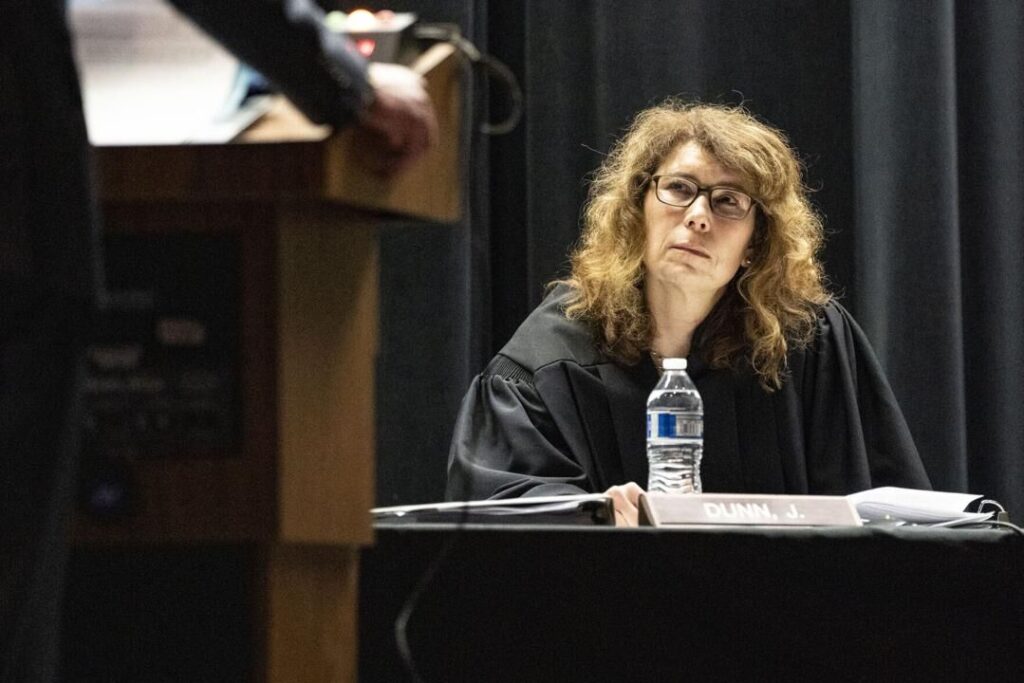After rejection by Colorado Supreme Court, federal judge also tosses oil, gas owners’ taxation challenge
A federal judge last month dismissed a lawsuit from a collection of mineral rights owners in Montezuma County, following the Colorado Supreme Court’s conclusion last year that they lacked standing to challenge roughly $500,000 in taxes owed.
The long-running dispute centers on the McElmo Dome Unit in southwestern Colorado. Operator Kinder Morgan extracts the carbon and transports it to Texas by pipeline. Montezuma County discovered in 2009 that Kinder Morgan had underreported the unit’s value for the prior tax year, and raised its valuation by $57 million after an audit. Kinder Morgan subsequently appealed the $2 million tax increase all the way to the Supreme Court, which deemed the retroactive valuation lawful.
Kinder Morgan then passed along the increase to those who owned fractions of the McElmo Dome Unit. One group, calling itself the CO2 Committee, Inc., represented owners with a collective 11.2% stake in the unit, including “small share” owners charged approximately $500,000 for the retroactive increase. The committee attempted to challenge the assessment, but Montezuma County declined to recognize their status as taxpayers who could legally file a protest.
Last February, the Supreme Court concluded Colorado’s “representative” oil and gas taxation system vested the unit operator, not individual rights owners, with the authority to protest a valuation. The court dismissed the lawsuit.
Seven months later, the CO2 Committee filed a complaint in federal court alleging the taxation system violated their constitutional right to due process. They asked for monetary damages and a declaration that individual owners are, in fact, entitled to a tax protest.
However, U.S. District Court Judge Charlotte N. Sweeney did not address that issue because a 1937 law, the Tax Injunction Act, forbids federal courts from interfering in state tax collections if there is a “plain, speedy and efficient remedy” in state court.
“The relief sought here would implicate the exact federalism issues that the TIA was designed to ameliorate,” she wrote in a July 24 order. “The challenges brought by Kinder Morgan and Plaintiff to the retroactive assessment meets the requirement that the remedy provide an opportunity for a ‘full hearing and judicial determination’ of Plaintiff’s claims.”
The CO2 Committee has since moved to appeal the dismissal.
The case is CO2 Committee, Inc. v. Montezuma County et al.











